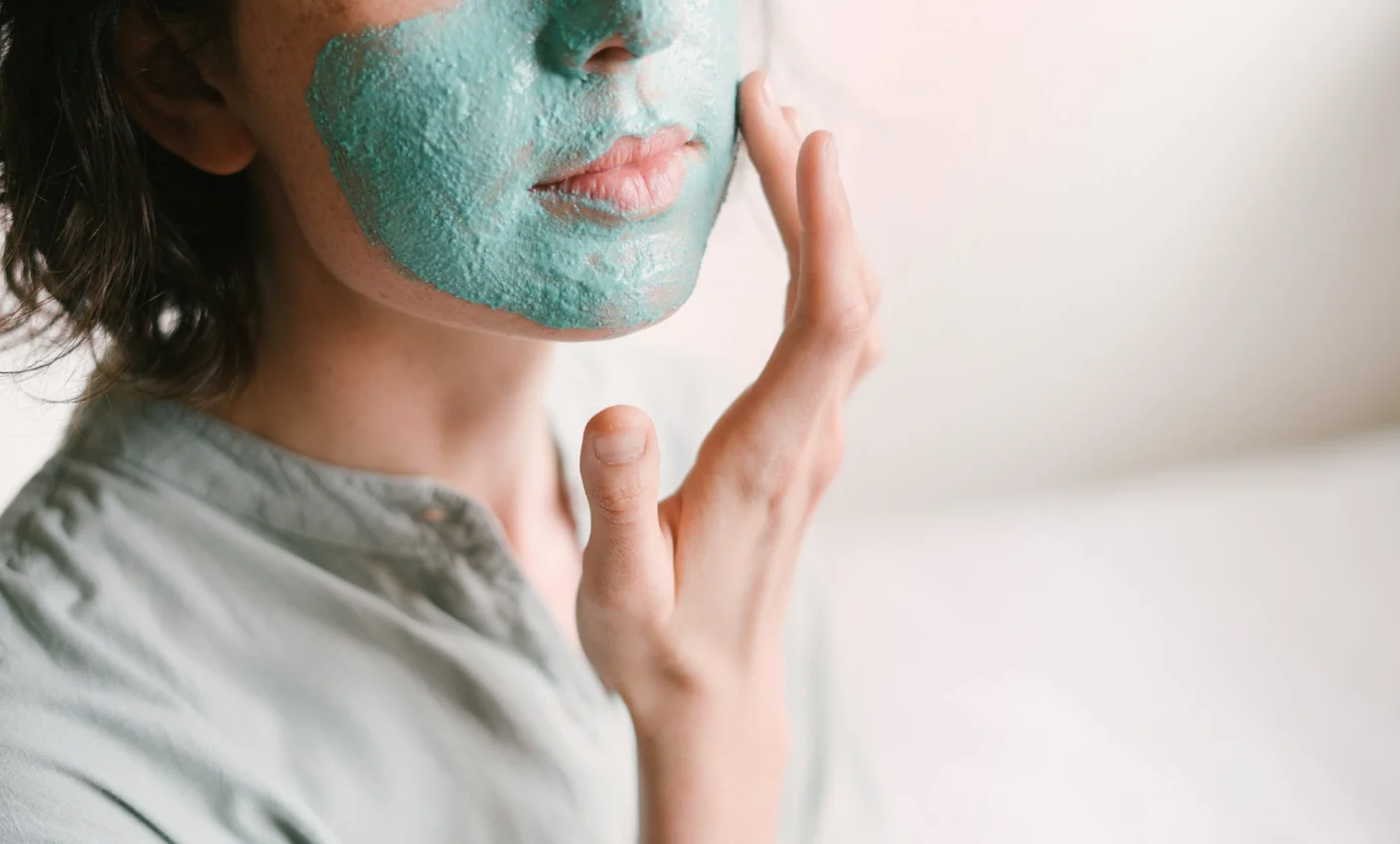
Get prepared for winter maskne
Maskne concerns are set to soar this winter.
Thought the dreaded maskne was only going to be a thing in the sweaty summer? Think again.
Maskne – breakouts or redness caused by the prolonged use of face coverings – is set to soar as the cold weather increases skin dryness, making it more sensitive to friction and inflammation.
“Although people sweat less under the mask in the cold weather, we are still wearing masks inside where we are subjected to central heating and minimal fresh air,” explains Dr Kristina Semkova, Consultant Dermatologist at the Cadogan Clinic. “The lack of regular ventilation leaves more room for the build-up of dust particles on the mask and further irritation.
Go here for our complete coverage of the COVID-19 pandemic
“Moreover, when the skin is dry, it is more susceptible to minor trauma from the friction by the mask and disruption of the skin barrier. Once the skin barrier is compromised, it is easier for bacteria and dirt to get into the skin and to cause another breakout.”
The good news is that you can prevent maskne with a good skincare and mask hygiene routine. Here is what Kristina advises:
Cleansing: Gently cleanse your skin in the morning to remove any oil, bacteria or accumulated residue from creams or pollution that may irritate the skin if under the mask. Also, thoroughly cleansing the skin in the evening to remove make-up, pollution and debris from the day before applying evening skincare is paramount. Double cleansing is highly recommended!
Moisturise: Your moisturiser will not only prevent the skin from drying but will also serve as a barrier to protect the skin. Select a lightweight, noncomedogenic moisturiser to prevent clogging the skin.
Choose your mask wisely: The mask should be the right size and fit for the face, it shouldn’t be too tight or too loose in order to avoid friction. Cotton and/or silk masks are better than polyester materials which are non-breathable.
Wash the mask: Machine wash your face mask after every use with a fragrance-free detergent and without fabric softener. Masks accumulate dirt, oil and make-up as well as bacteria from your nose and mouth, which transfer to the face, causing a breeding ground for maskne.
Make-up: If you need to wear make-up, choose a lightweight formulation; heavy make-up under the mask may clog the pores. Ideally, it’s best to skip make-up if you are suffering from mask-related skin conditions.
To treat your maskne, seek out products which contain benzoyl peroxide, salicylic acid or zinc, but use them sparingly otherwise they might dry out or irritate the skin. If your skin shows no signs of improvement or it gets worse, consult a dermatologist.
WATCH BELOW: BILL NYE EXPLAINS WHY YOU SHOULD WEAR A MASK
Thumbnail courtesy: Pexels/RF._.studio









